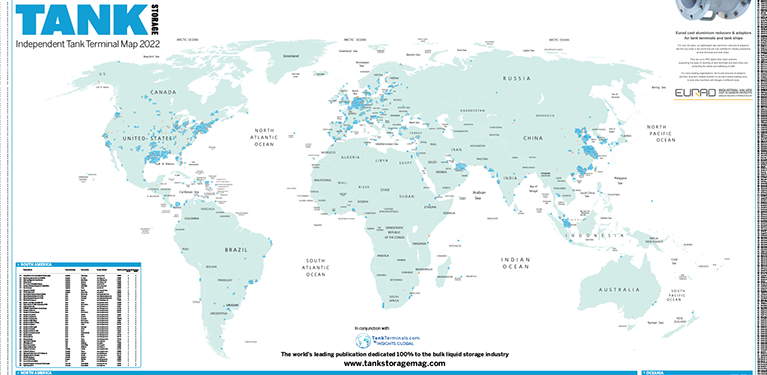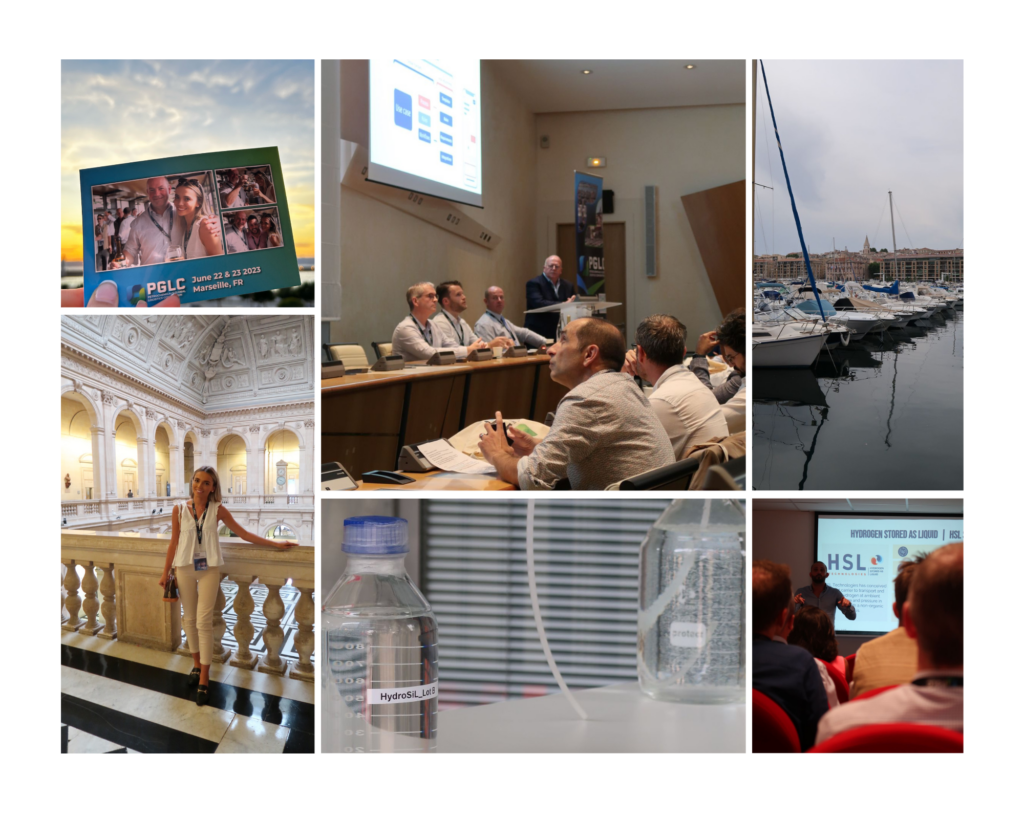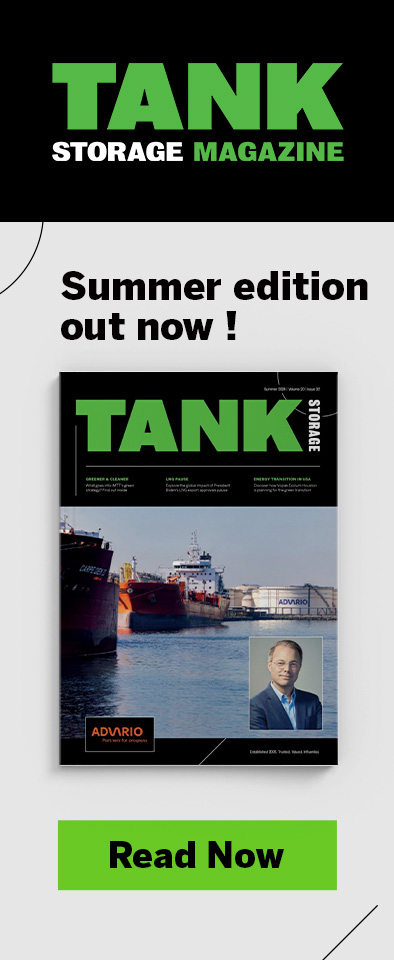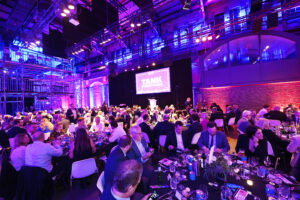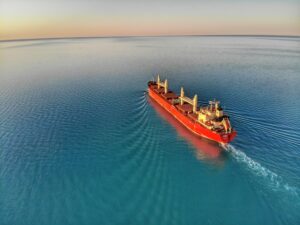Tank Storage Magazine’s marketing executive, Shannon Maguire, shares her key takeaways from the PGLC conference
The Petrochemical Global Logistics Convention (PGLC), jointly presented by UMF Marseille and Tankbank Singapore, recently took place in Marseille, France, on 22-23 June 2023.
Set against the backdrop of the historic Marseille Chamber of Commerce Building, the convention hosted industry-led panels, insightful discussions, and valuable networking opportunities.
The Role of Petrochemicals: Key Insights from Paul Hickin
The convention kicked off with a thought-provoking session led by Paul Hickin, an esteemed figure from Petroleum Economist. Hickin emphasised the enduring importance of petrochemicals, even amidst the global shift towards green energy. He shed light on the profound impact of the pandemic on the petroleum supply chain and provided invaluable insights into the consequences of the Russian conflict.
Read more: Paul Hickin shares predictions for 2023
Port Panel: Decarbonisation Strategies and the Energy Transition
The Port Panel at PGLC offered a fascinating glimpse into the decarbonisation plans of European ports and the subsequent implications for economic performance. The panellists included: Amal Louis (Port of Marseille), Keshi Van Den Berg (Port of Rotterdam), and Javier Mendez (Port of Barcelona). All shared their perspectives on decarbonisation strategies in their specific regions. With diverse geographical locations and varying port infrastructures, these experts presented a range of approaches to the energy transition, considering governmental restrictions, environmental considerations, and spatial capacities.
Navigating the Energy Transition: Insights from European Ports
It’s clear that the ports share parallel approaches. Notably, the Port of Rotterdam highlighted the challenges posed by government interference, which often hinders infrastructure development aligned with long-term plans. That said, the port remains committed to achieving its goal of becoming a zero-emission port by 2050.
The Port of Barcelona, a significant gas port without crude oil refineries, faces substantial pressure from the city to rapidly transition to cleaner energy sources and has already developed detailed plans to do so.
Similarly, Marseille and Rotterdam, despite their proximity to urban centres, face spatial limitations that make the development of new infrastructure more challenging. As a result, the Port of Marseille has put together a comprehensive four-pillar strategy for a green transition.
Beyond Petrochemicals: Diverse Discussions at PGLC
In addition to discussions on the energy transition, panels explored digitalisation, smart working, and the potential of hydrogen. One panel stood out, examining how the energy landscape transforms with the growing automation and digitalisation in the workplace.
Read more: End-to-end digitalisation and decarbonisation
For Tank Storage Magazine, a highlight of the event was the visit to the HYSILABS facility. The excursion began with an introduction by co-founder and Chairman Pierre-Emmanuel Casanova, whose unique solution for hydrogen gas storage has gained recognition in the off-grid energy market as a CO2-free energy source.
Hydrogen Innovations
The tour of the HSL Technologies facility provided attendees with insights into various hydrogen start-ups. From hydrogen-powered catamarans to the production of decarbonised hydrogen through methane plasmalysis, these emerging technologies showcased the potential of hydrogen as a clean energy source.
Fostering Collaboration at PGLC
With over 80 leading delegates in attendance, PGLC provided a remarkable platform for industry experts to connect, exchange ideas, engage in discussions, and explore potential collaborations. The event’s networking opportunities were seamlessly executed, featuring extensive lunches and a rooftop cocktail party.
Keep an eye on our Global Events Calendar for next year’s edition of PGLC, as well as even more exclusive events.


